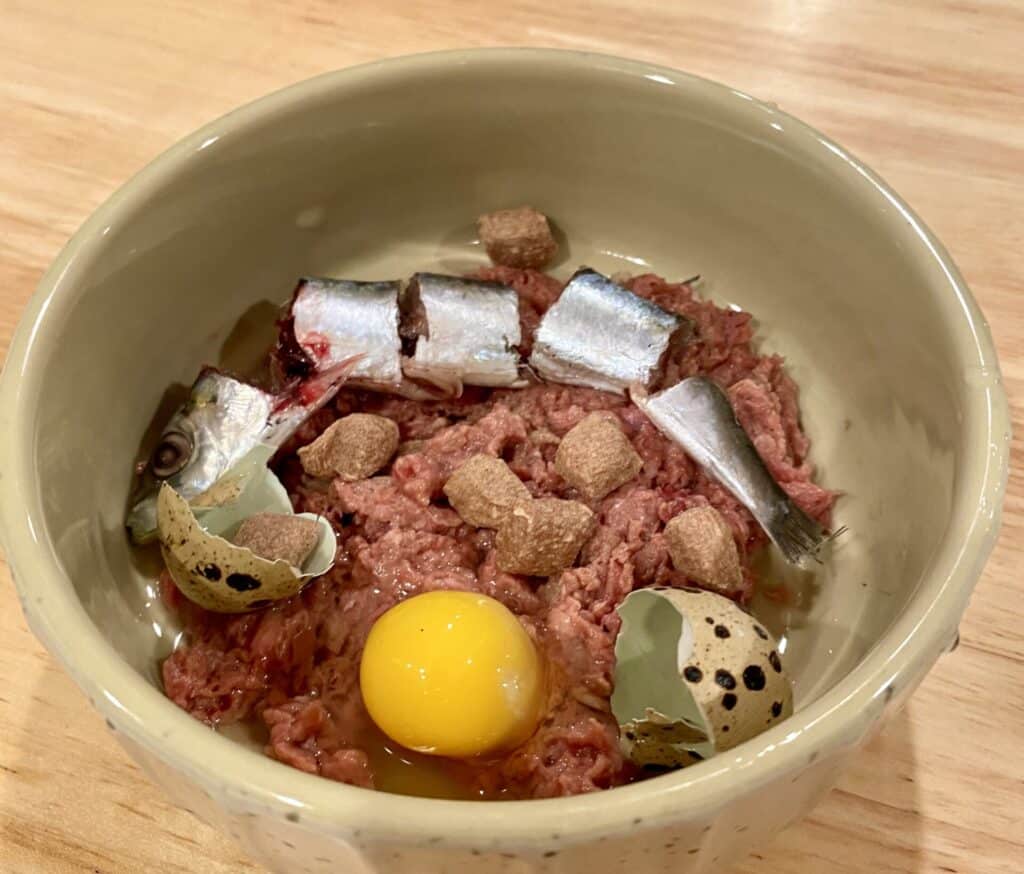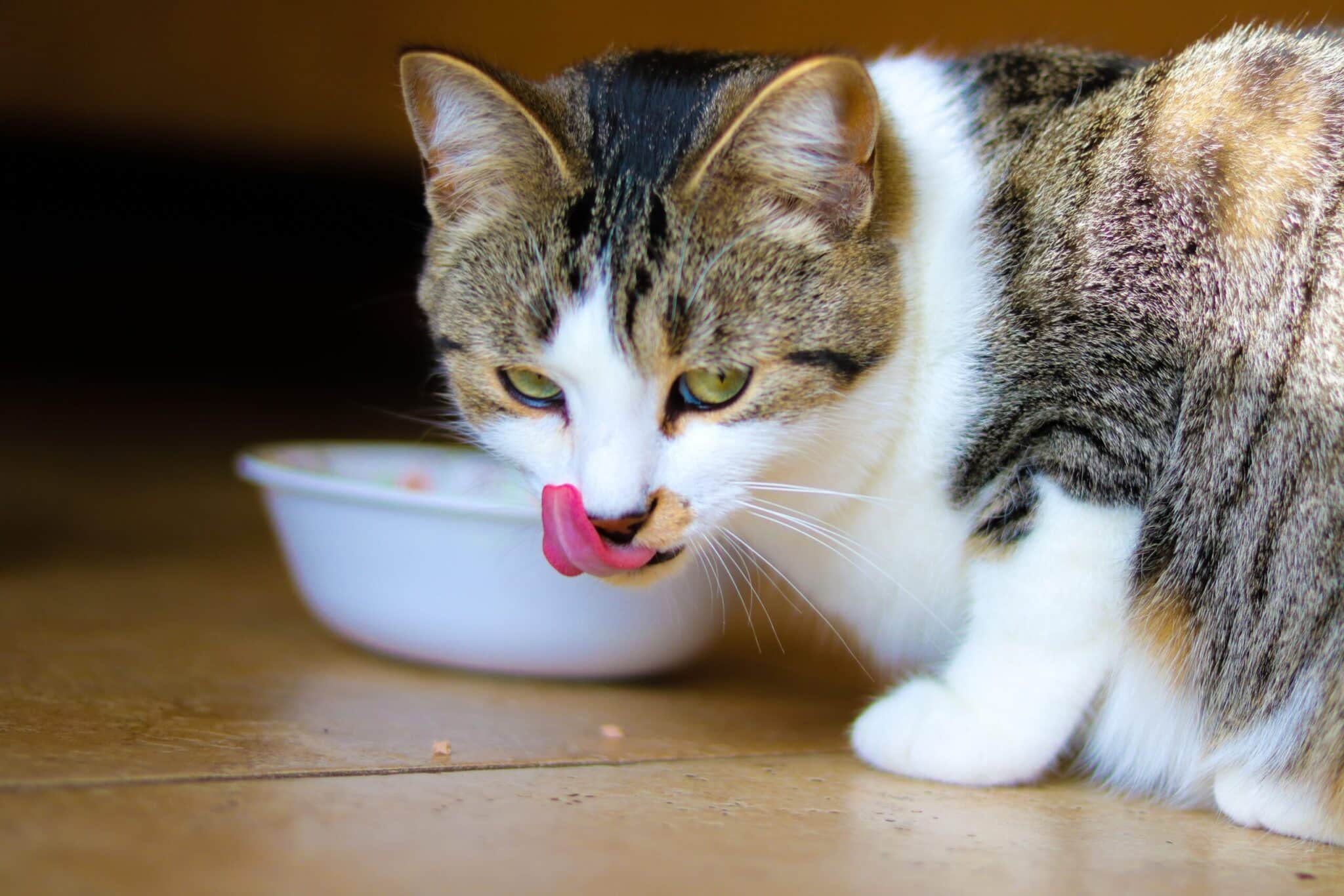It seems like the internet is divided into two groups – one is all for the eggs, and the other one swears against it. So, what should you believe in? Let’s dive in and consider some important facts
Some facts to consider
1) Eggs are packed with nutrition. Eggs contain almost all vitamins and minerals needed to keep your cat healthy and happy – just to name a few: Vitamin A, B, B12, K, E, Magnesium, Iron, Omega 3s and 6s, as well as biotin which keeps your cats coat soft and shiny.
2) Egg whites are one of the easiest digestible proteins. And cats being carnivores need the animal protein as they lack the enzyme necessary for metabolising plant proteins (and dairy).
3) Eggs are a pure animal protein, there are no carbohydrates in them. Cats can’t properly digest carbs, as they lack amylase – an enzyme that helps to break down carbohydrates.
You CAN feed your cat a whole egg, however…

Couple things to keep in mind
Egg white is one of the most common allergens, so you might want to avoid giving it to cats with sensitive stomach or prone to allergies. You can still feed egg yolk though.
It’s important to mention that raw egg whites contain avidin. Avidin is a protein that can disturb the absorption of biotin and vitamin B. However, cats’ stomachs are very acidic (more than humans!) so the avidin is mostly neutralised in it.
You will find lots of articles about the dangers of salmonella when giving your cat a raw egg. But similarly, to avidin – your cat’s stomach (along with enzymes from pancreas) will take care of it – as long as he/she is healthy and eating ONLY wet food.
You can feed your cat raw egg about 1-2 a week, either with food or on its own. If the cat doesn’t want to eat it, you can try cooked, dried or quail eggs.
My cat LOVES quail eggs! But if I don’t have any on hand, I give him just an egg yolk – and he loves it as much.





